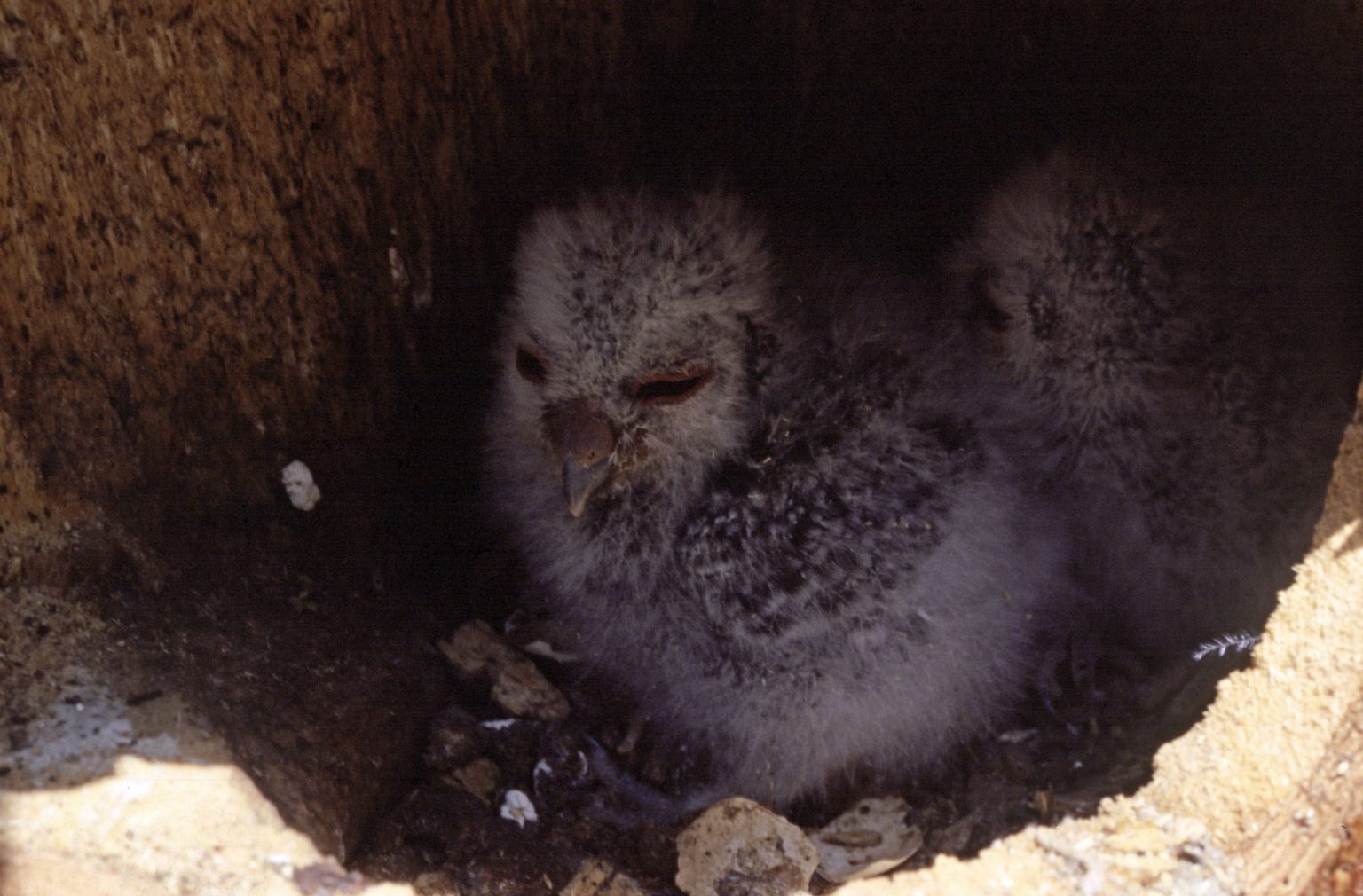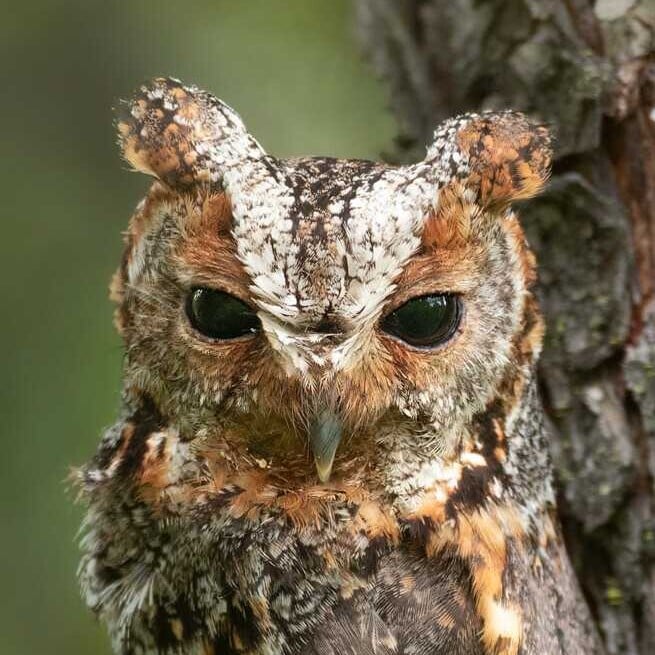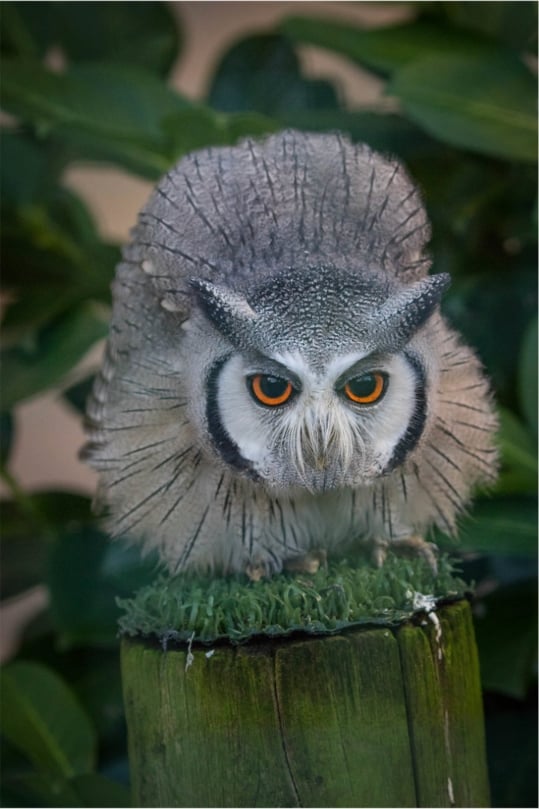I came across an article called Owls — Not Quite as Clever as We Think and after the post about AI generated images and today’s is it real or isn’t it pic of the Northern Lights , I felt now was the right time to share this article and see some of your opinions on the matter. I feels it’s a good conversation starter on where video and camera magic ends vs what we would consider unreal, like the infamous Disney documentary on lemmings.
I’ll share a few bits from the article, as you should go to the source for this one. It has some good stories and a lot of accompanying pictures.
From Owls -Not Quite as Clever as We Think, by Steven Bolwell
Here’s a bit about why this article intrigued me:
Wildlife film-makers rarely admit to deception, but we all have to own up to the realities of what is possible in a world that is rapidly disappearing. I don’t think it matters one hoot whether an owl exits a real window, or a fake one, because nothing about the bird’s behaviour changes. Nobody questions an edit in a natural history film, because if an audience wanted to experience natural events in real-time they’d be waiting for days. However, as soon as you tighten up the progress of events the result is a story; and the real problem with telling a story is the disappointment of the viewer should they discover the deception.
I also enjoyed this guy does not appear to be a big fan of owls to start with, and many of his experiences show when he relied on them for his income, the owls could be less than cooperative.
I am aware that most owl enthusiasts would be singing the praises of experiencing such wonderful birds first hand, but I couldn’t wait to see the back of them. They whole thing had been a time consuming failure. I’d been unintentionally mislead about what these owls would do, and was a long way past the point where I was going to train them to fly through my phoney window. They were the wrong birds for the job and never again did I make such an expensive mistake.
And here is the story why our Flammulated Owl is not happy with the author and his crew:
A few years later I found myself in the high mountain woodlands of New Mexico filming the small nocturnal flammulated owl. It was a surprise when the scientist working with the birds told me he could chainsaw out the back of the tree they were nesting in and they would remain entirely undisturbed. If you needed to observe or weight young birds this was perhaps an effective way of doing it, but I was sceptical. Chainsawing a tree before the owls started nesting seemed a better option, but how many trees would you need to cut into to guarantee a nest being present later in the year? Predicting such events is very hit and miss.
The filming occurred more than 35 years ago when a great many species were far less threatened than they are today; but even back then if I hadn’t been confident about what I was doing, I wouldn’t have been filming; and in this case, certainly not without the supervision of a scientific advisor who had been working closely with the birds. I haven’t named him because many will consider this kind of intrusiveness unacceptable; but as none of his birds ever seemed disturbed and the information gleaned went into conserving the species, I didn’t have a problem with it. Nevertheless, I am not sure we need to see every wild bird on the nest just for a television programme, although there is no doubt that this kind of media exposure is the best way to get a general audience informed and proactive in conservation… But don’t try this at home… you might lose an eye! The alternative is to film captive birds on sets and there are many people who are equally disturbed by this alternative dishonesty.
I hope this is enough to get you to check out the full article with either the above or below links, and I encourage you to come back and share your opinions. I feel this article is coming from a much more neutral point of view than is typical for this type of discussion.
As a bonus for scrolling this far, here are the baby Flammies from the chainsaw accessed nest:



They took down the bird netting way too early during construction on my loading dock and some Finches started bringing in nesting material up in the rafters. I thought all the noise of moving heavy things, running my equipment, and the hammer drilling, sometimes directly on the rafter they were in would have gotten them to look for a different location. They’re still there now, so I imagine they’ve got eggs up in there now.
I found another blog post discussing stress in owls you may find interesting.
The article did end nicely. As I’d said, the tone is different than most things I share here, and between the title and initial standoffishness he had towards owls, it was a lovely conclusion to the story.
I’m glad there’s a handful of you guys that enjoy these articles. I’m here for the learning, and I feel the articles and longer posts could be great things we can all talk about. I try to keep them for the weekend too so people more likely have some time to read them, but I feel they always underperform. I’m probably expecting too much and most people are probably here just to see a happy looking birdy, which is perfectly ok, but I also hope they at least read a little of the educational stuff too. I started off posting mainly for the neat birds too, but there is so much more to owls than I ever could have imagined. A lot of it applies to other birds too, so it’s fun to see some of what I learn in the birds I typically come across.
I want you all to always know I appreciate you coming to look at the photos and read the articles. It’s fun to have people to share it with, even if most of you are quiet or not as serious about it.